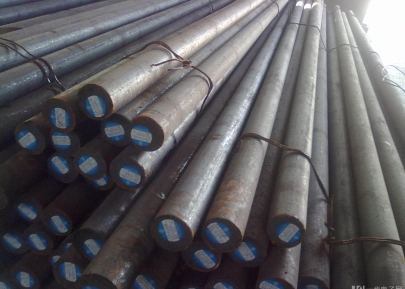Why Copper Blocks Are Essential for Modern Engineering and Manufacturing
When it comes to modern engineering and manufacturing, few materials stand as tall as copper. Its versatility, conductivity, and durability make it a favorite across various industries. Whether you’re an engineer looking for the best materials or a DIY enthusiast tackling your next project, understanding the importance of copper blocks is crucial. In this article, we’ll dive into why copper blocks are essential, how they compare to other materials, and even touch on the intriguing topic of keeping your copper items shiny!
The Unbeatable Properties of Copper
Copper is not just another pretty face in the metal world. Its unique properties make it irresistible for many applications:
- Conductivity: Copper boasts excellent electrical and thermal conductivity, making it the go-to choice for electrical and electronic applications.
- Corrosion Resistance: Unlike many metals, copper develops a patina over time, which actually protects it from further corrosion.
- Malleability: It’s remarkably easy to shape, which is perfect for custom engineering projects where specific dimensions are needed.
Copper Blocks vs. Other Materials
When it comes to choosing materials for engineering projects, copper blocks often steal the show. But how do they stack up against other materials?
| Material | Conductivity | Cost | Malleability |
|---|---|---|---|
| Copper | High | Moderate | High |
| Aluminum | Moderate | Low | Moderate |
| Steel | Low | Low | Low |
The Role of Copper Sheeting
While copper blocks form the bedrock of several applications, copper sheeting is also essential in its own right. These thin sheets of copper can be used in various ventures:
- Solar panels
- Electrical systems
- Roofing and construction
- Art and decor
Maintenance Matters: How to Clean Copper Plated Items
No one likes tarnished copper! So, whether it’s bowls, jewelry, or even plumbing fixtures, knowing how to clean copper plated items can be a game changer:
- Mix: Combine equal parts vinegar and salt.
- Apply: Gently rub the mixture onto the copper surface with a soft cloth.
- Rinse: Use warm water and dry thoroughly to prevent water spots.
Key Takeaways for Copper Care
- Avoid abrasive cleaners that can scratch the surface.
- Regular maintenance is key to keeping your copper looking fresh.
- Store items in a dry place to minimize tarnishing.
Innovative Applications of Copper Blocks
Yet the realm of copper blocks doesn’t stop at traditional engineering! Innovative fields are continually finding new applications:
- Electric vehicles: Copper's conductivity is perfect for high-efficiency wiring.
- 3D printing: Engineers are using copper blocks for better heat distribution in printed parts.
- Aerospace: Lightweight, strong, and conductive—copper is a go-to in the industry.
Frequently Asked Questions
Why are copper blocks used in electrical applications?
Copper blocks are preferred in electrical applications because of their high conductivity and reliability.
Can copper blocks be recycled?
Absolutely! Copper is one of the most recyclable materials in the world, which is fantastic for the environment.
Does copper block tarnish quickly?
Not necessarily! While copper does tarnish over time, regular cleaning and proper storage can maintain its natural shine.
Conclusion
In conclusion, copper blocks are not just heavy metals—they're fundamental to the modern engineering and manufacturing landscapes. From their impressive properties to innovative uses, the applications for copper and its related products are vast and growing. As we venture forward, it’s clear that with proper maintenance, like knowing how to clean copper plated items, we can ensure these materials remain at the forefront of technology and innovation.



